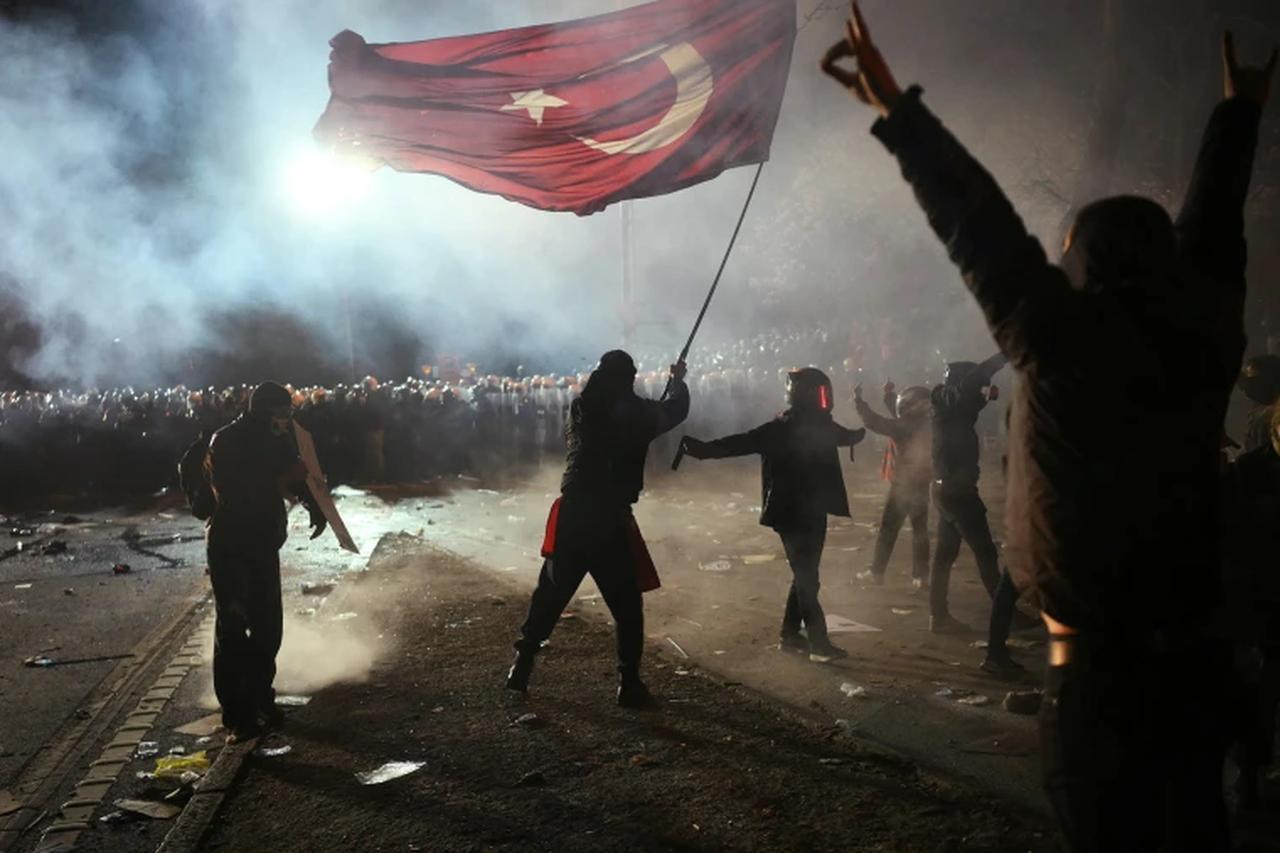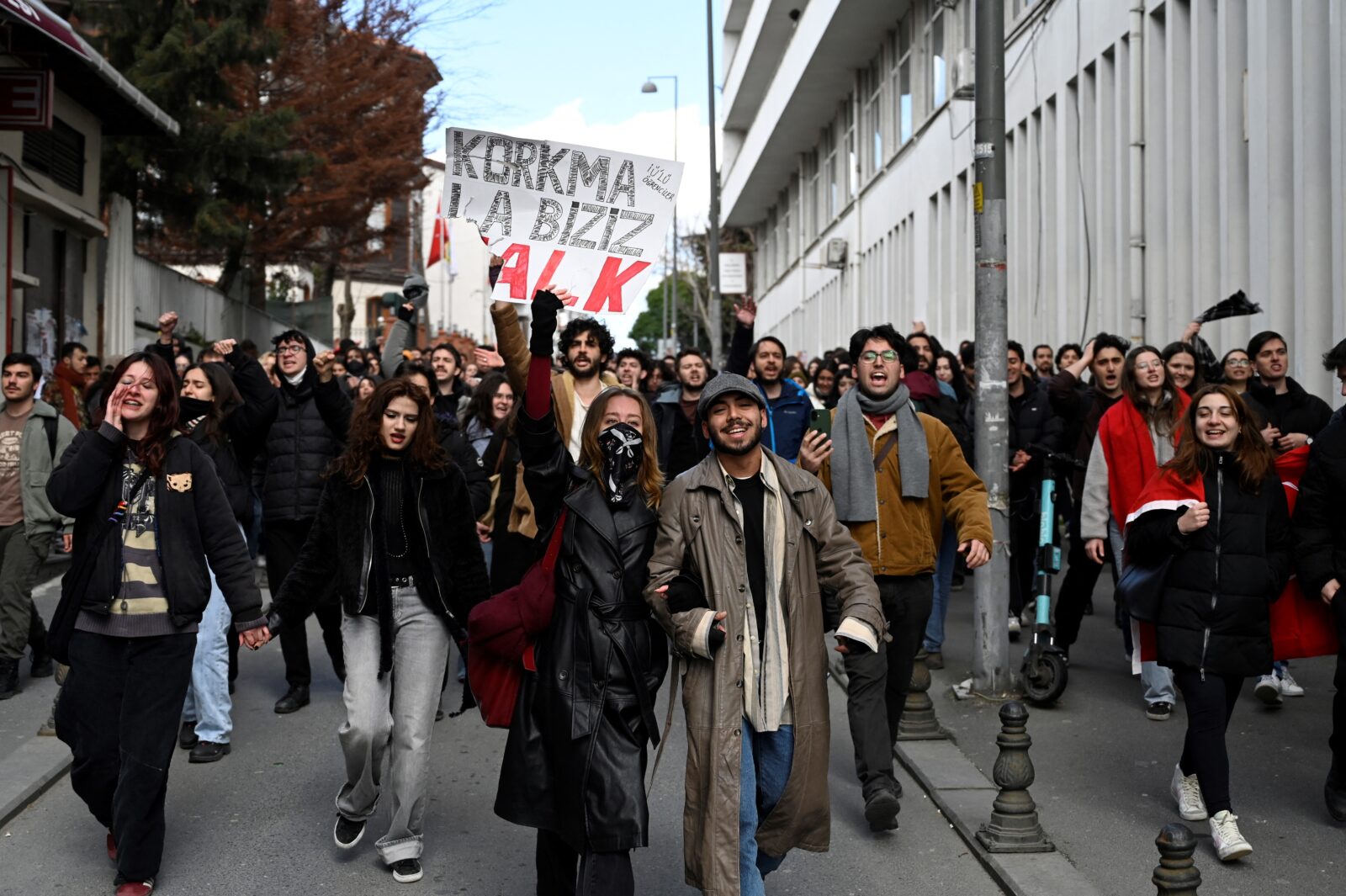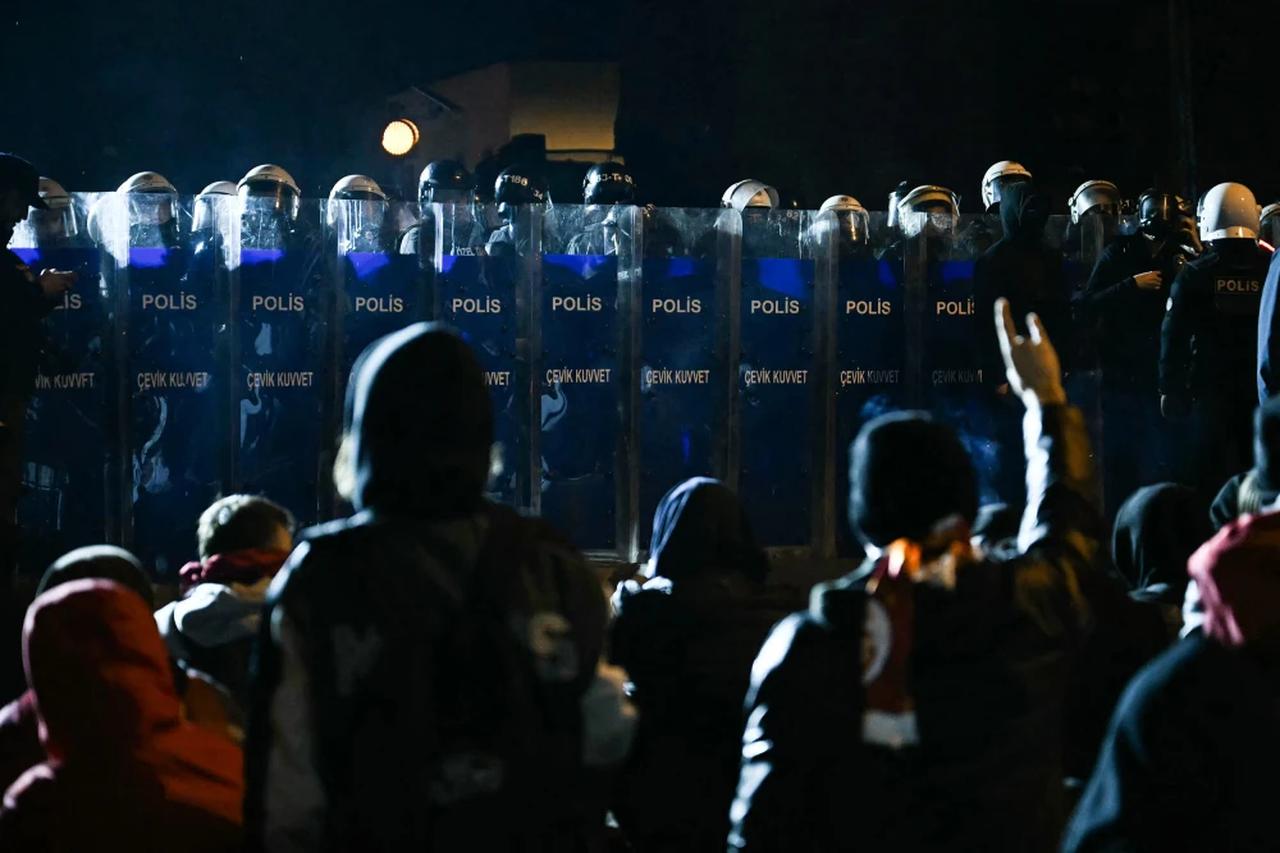
A common narrative, especially in foreign media, portrays Turkish youth as fundamentally opposed to the government. This idea is often echoed with little analysis and framed as if young people are inherently rebellious and set on toppling those in power.
But this view rests on shaky ground in Türkiye. The assumption that youth automatically seek change or are uniquely capable of it is appealing, but it ignores voting behavior patterns across age groups. Being present at protests does not necessarily equate to a distinct electoral stance; rather, it shows that among the people of opposition, the youth feel the responsibility of taking to the streets most.
Recent studies and electoral data show that youth voting patterns in Türkiye do not significantly differ from those of older demographics. The idea that Turkish politics is undergoing a generational rupture seems to exaggerate the role of youth while downplaying wider societal shifts.

Academic research offers a more grounded view. According to survey data from the International Social Survey Programme (ISSP), there is little evidence to suggest that younger generations in Türkiye are becoming less religious or more secular over time.
Professor Ali Carkoglu, who has worked on this data with Professor Ersin Kalaycioglu since 2008, highlights that Türkiye’s religious landscape has remained consistent. Both in 2008 and 2019, religion-based worldviews and practices were widespread across age groups.
Findings from the World Values Survey (WVS) confirm this trend. A repeated question—“Apart from funerals, how often do you go to the mosque these days?” —shows no meaningful decline in mosque attendance among young men between 1990 and 2018.
In a religious tradition where women rarely attend mosque, male attendance serves as a stronger indicator. Across three decades, the responses of young men show remarkable stability, suggesting no generational drift from religious practice.
Contrary to popular belief, young people in the country are not moving away from conservatism, as there remains a strong correlation between religious affiliation and voting for conservative parties.

Voting data further challenges the belief that Gen Z is politically detached from the rest of society. In reality, young people in Türkiye vote in similar patterns to older voters. They are not uniformly anti-government or ideologically radical.
One visible trend among Gen Z is the growing appeal of nationalism. However, nationalism in Türkiye is not a single, unified political line. Some nationalist youth align with a more secular face of the ideology, while others lean toward conservative nationalism.
As in any other demographic, a segment of young nationalist voters support President Recep Tayyip Erdogan, while some others back opposition parties. The youth vote reflects this diversity rather than presenting a single opposition bloc.
The government is also aware of this trend and, in recent years, government-sponsored initiatives like TEKNOFEST have helped bridge divides among youth. These events promote national pride through technology and defense achievements, cutting across secular-conservative lines and reinforcing national unity narratives.
By promoting military-industrial achievements, it energizes nationalist pride and supports the narrative of a strong Turkish state, a message that resonates with many youth regardless of their ideological background.
Moreover, the president himself has been using more and more nationalist rhetoric in recent years, regardless of his policies.

The real political shift in Türkiye appears to be within the nationalist spectrum, not across generations. The May 2023 elections made clear that a new, reactive form of nationalism has gained strength, especially among younger voters.
This new nationalism is fluid. While some segments support the government, others back the balancing nationalist party, Good Party (Iyi Parti), or hardline, anti-migrant opposition groups like the Zafer Party. This fragmentation has turned nationalism into a battleground for influence rather than a fixed political identity.
At the same time, this fragmentation benefits the ruling coalition. Whether in the form of techno-nationalism or religious-nationalist conservatism, it aligns with Erdogan’s broader security and sovereignty-focused agenda.
Changes observed in the 2024 elections are often wrongly attributed to youth activism. Some conservative regions shifted to the opposition, particularly to the CHP, but this trend was not driven by young voters alone.
Political analysts like Evren Balta suggest these changes resulted from internal realignments within the nationalist camp. Nationalist based voters may have moved from the Iyi Party to the CHP, reflecting shifts in political strategy rather than a generational push.
These movements show that political changes in Türkiye stem more from evolving alliances and ideological recalibrations than from a generational divide. Nationalism in its various forms remains the dominant political force.
Another point is that a significant portion of the votes lost by the ruling Justice and Development Party (AK Party) shifted to another conservative party, the New Welfare Party (YRP), in the most recent election. There is no evidence to suggest that YRP functions as a youth movement or draws particular support from younger voters.
The myth that Gen Z is inherently anti-government lacks evidence beyond their visibility in protests. When it comes to voting and long-term political orientation, youth in Türkiye are part of a broader national trend rather than a separate political force, and there is more than one segment of youth in the country.